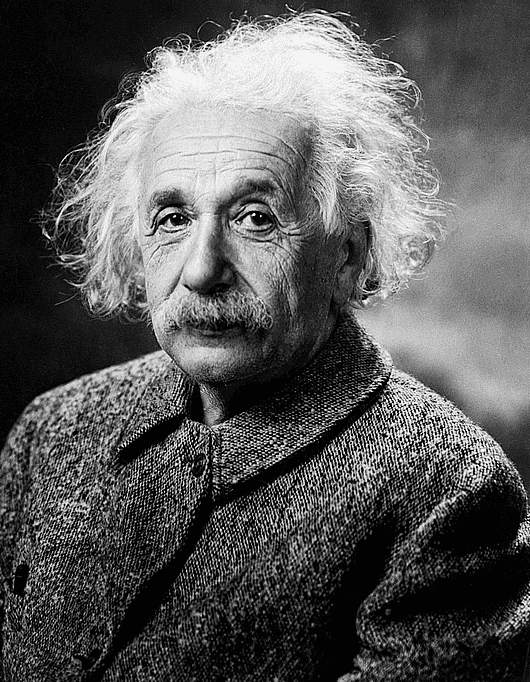What is the major theme of this novel? Why is this theme important to a teenager living in 2008?After studying the dystopian novel ‘The Day of the Triffids’ by John Wyndham, I have concluded that its theme, or the main message Wyndham is delivering to us, is “Provided that the human race continues to act in an extremely violent, immoral, and self-centered way as it is doing now, it will soon destroy itself.”
Admittedly, this theme statement does sound somewhat complicated as it is an attempt to condense the vast message of a sophisticatedly allegorical novel into a single sentence. However, the theme can easily be interpreted into the following:
The human race has fal

len so much from what God originally created it to be—an image, or a reflection, of Him. People of the present are so consumed by what is false that we impede each other in the process of achieving such meaninglessness. This impedance of one another in collective terms is the impedance of the entire human race. Unless we change our minds, views, and ways of doing things, we will soon reach the state where we will not only hinder one another, but murder each other until the human race disappears off the face of the Earth.
The human race has been doing the above-explained self-impedance from the point where Adam and Eve ate the fruit of the Tree of Knowledge, and individuals’ safety-status has been decreasing steadily from that point until recently, when the ‘steadily’ changed to ‘dramatically’. John Wyndham expresses this situation through his character Michael Beadley, a highly philosophical leader in the book, in the following words:
The path of safety started to shrink to a tightrope along which we had to walk with our eyes deliberately closed to the depths beneath us.
Now that there is a solid understanding of what the theme of ‘The Day of the Triffids’ actually is, I will clarify the parameters taken to arrive at such conclusions.
Firstly, after reading my introduction, you should well understand that a triffid practically is destruction in this novel. Therefore, the title ‘The Day of the Triffids’ means something among the lines of 'the destructed world', which points directly to the theme.
Then there is the protagonist Bill Masen’s conflict with the world that changed beyond recognition overnight. In this world, a very small portion of the world’s population survives their own blindness, the mysterious plague, and the triffids. Bill Masen believes that all three of those traumas are results of the human kind’s cruelty, selfishness, and desire of power—this, as you know, is the basic idea of the theme.
Thirdly, the climax of the story, where Bill Masen and his small colony leaves Shirning to join Michael Beadley’s colony, also directs us to the theme. This climax is the point where all the troubles described above are put behind as the protagonist and his small group

are forced to leave Shirning—their home—for a much larger community lead by Michael Beadley.
Lastly, I also believe that the resolution of the novel is designed to hint readers to the theme, because on the very last paragraphs of the book, Bill Masen talks about how the surviving populations must develop complete new ways of living in order to continue the human race. If they do not, and retain the previous societies manners, the time when they will destroy themselves—this time, for good—will inevitably come.
Living in the 21st century as a teenager, I really do feel that the theme discussed above applies even more to us young people than the older portion of the population. This more special application is in the fact that we young people are the world’s only hopes to discontinue our past ways of the wrong and replace them with the ways of the right; the elders have gotten too used to the mostly-immoral system to discontinue it.
With careful observation, readers will be able to spot the numerous evidences which John Wyndham deliberately left to suggest children’s importance in his novel.
A major one of them is the policy suggested by Josella Playton, who is among the most meaningful characters of the novel. She proposes that a male who marries a sighted girl must take two blind girls as well. The aim of this policy was to increase the colony’s reproduction rate, so that there will be more children to handle new ideas that may seem too revolting to the older part of the population.










